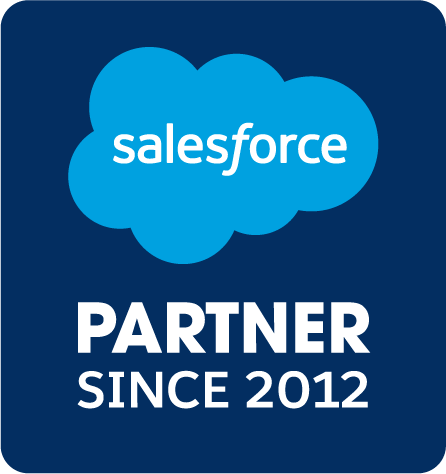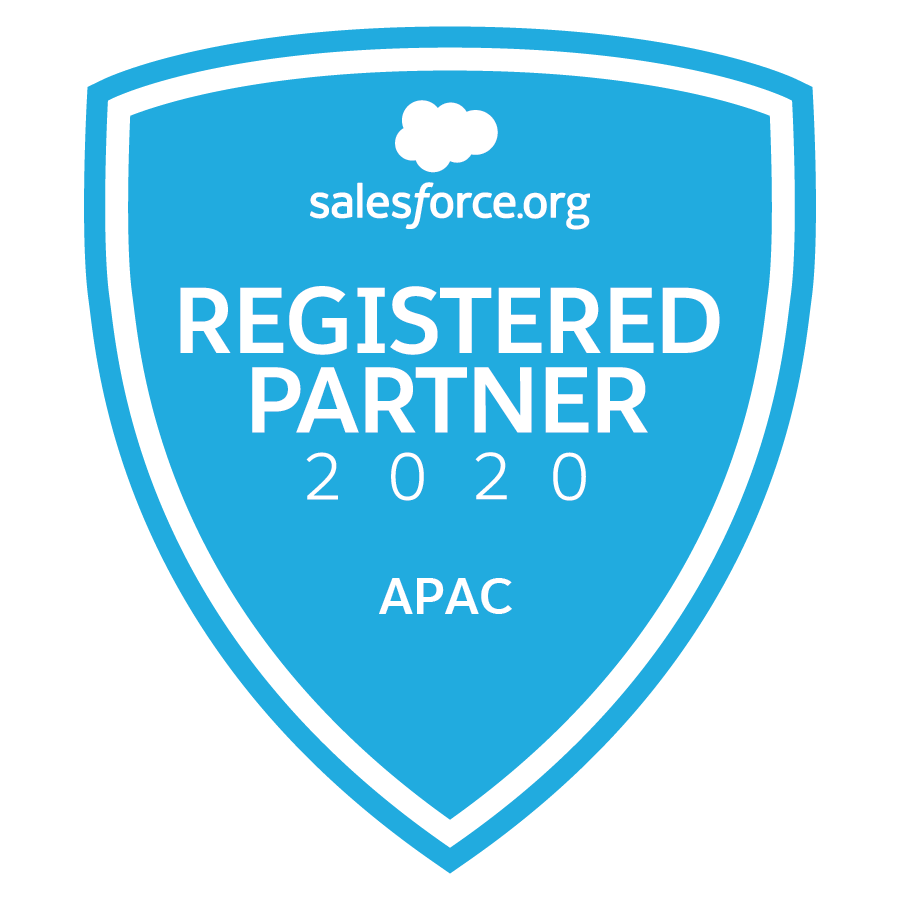Human Resource (HR) personnel, or People Managers, have a special role in the workplace. Not only are they the link between the organisation and its employees, they’re also the organisation’s Minister’s of Culture, charged with the responsibility of humanising the workplace.
Their energy goes towards building mojo-filled, high-trust workplaces where employees and organisations work symbiotically, and if problems arise, they are handled quickly and effectively. Their role is to encourage people to care about their work and, just as importantly, one another.
For Operations Manager Karen Matheson, Weber’s theory of bureaucratic management highlights the structural integrity of a common organisation. It’s one designed to lay boundaries and expectations but it’s also one to guide an organisation toward a common goal. The real cost of bureaucratic fear is trust. You’ll be amazed at the difference in business results and the air quality when you step out of bureaucratic fear and start trusting the system designed to support all elements of an organisation, including you.
“Weber’s theory of bureaucratic management also has two essential elements. First, it entails structuring an organisation into a hierarchy. Secondly, the organisation and its members are governed by clearly defined rational-legal decision-making rules. Each element helps an organisation to achieve its goals.”
(Ref: www.study.com)
Your HR department can make your employment with an organisation fun and can play a part in encouraging you to feel empowered in your role. The best way for us to create this impact is to add a touch of humanity (it’s our version of the secret sauce). Our roles are more than just talking to people all day long, we inject empathy in our solutions to encourage a harmonious and energised workplace.
To further understand the day-to-day activities that your HR department perform in order to achieve a balance of culture and productivity in your workplace, here are a few examples:
Communication
It’s a tough gig trying to keep everyone happy all the time and it is disheartening when there is little or no feedback. Communication in an organisation is the foundation of a successful environment and greatly impacts the outcome of any inter or intra departmental project. Speak up if you have an idea or concerns, because the alternative is dissatisfaction or a disconnected team when executing the agreed path forward. HR acts as the eyes and ears of an organisation but we aren’t telepathic by any means so let us know if you need our support.
Loyalty
The question of loyalty is not an ‘either/or,’ but both. Our role is to help align the needs of the business with the needs of the people in it. Part of this may seem to put us at times against the pure short-term financial interests of the firm but, in the long run, it is very much about ensuring that the needs and the value of our people are considered in overall decision-making. This is sometimes a fine line to walk and a real challenge.
Recruitment
Filtering CV’s for an active role can be brutal, it’s not uncommon to receive an abundance of applications for a single role. Unfortunately, more than half of these are summarily dismissed in less than a minute. The list isn’t just narrowed down to the applicants with the most competent skills evident in their listed qualifications, we also need to find applicants who fit the core values and culture of the organisation.
Finding the right person for the role means looking for a well-rounded individual who has met the brief by addressing the requirements in the job posting. Cover letters are a great way to individualise your CV with creative writing and carefully constructed responses which highlight your personality. Finding ‘you’ in your CV and helping to onboard a candidate can be one of the most pleasurable experiences in our roles, we are very open to ‘what’s possible’ with a candidate.
Problem Solving
We rarely take the credit for the good stuff, but always take ownership for the failures. An idea that blossoms and makes a difference is only because it’s been embraced by the people. An idea is just that – the spark at the beginning. However, if something is not working, someone needs to be accountable. Cue Human Resources and our excellent ability to problem solve in a way that encourages collaboration in productivity whilst maintaining great culture. But we are human too and can’t always anticipate the best outcome, sometimes we miss something and have to own the failed solution before rewriting a new one.
Support
In order to ensure great culture in an organisation, it is imperative that each individual feels empowered and engaged in their roles. Employee engagement isn’t just a 2020 trend brought on by the isolation of Covid; trying to keep you engaged isn’t new, it’s a critical part of what makes an organisation productive and successful. The hardest part of our roles is ensuring you feel supported instead of thinking ‘I am not good enough’ or ‘my job is not secure’. It’s our responsibility to create that safe space for you to flourish and grow into your role, and possibly the next.
Trust
We can’t always walk the line between maintaining confidentiality and dealing with a problem. If you need help, then we need all sides of the story and, ultimately, an effective resolution. This means I will need to talk to others. Sorry! Ultimately what it comes down to is the integrity of the business and the safety of its employees. In order to support you and ensure an outcome for the greater good, you need to trust that we have your best interests at heart when solving a problem.
Employee Turnover
You would think that letting people go would be the most difficult part of the job, and you’re halfway there. It’s difficult to not take it personally when people resign. It’s like we have let them down, or let the business down; there is a real sense of failure and we start questioning what more could have been done to keep that person. Crazy, right?! People come and go, opportunities arise, people need change, growth and we are ok with all that. But watching the people you recruit, nurture, support and help to grow, deciding it’s their time to go, is a lot like watching your children become adults and leave home; deep inside there is a sense of emptiness.
Workload
Like any role, HR demands ebb and flow. We could be consoling someone through a difficult time one minute then writing a new recruit’s letter of offer the next. There is an emotional toll that’s placed on us over and above the everyday duties of our role, and whilst the workload can be overwhelming at times – we love what we do!
These are the confessions of a people manager. This is the recipe for a humanised organisation within the constraints assigned to us all. We add our secret sauce to ensure the continual humm of a productive and successful culture, vibrant with possibility and growth. Our goals are your goals and we work hard to build your trust in us every single day so you are confident in the knowledge that we not only care about your work, but we also care about you. All it takes is a touch of humanity (aka. Secret Sauce).






